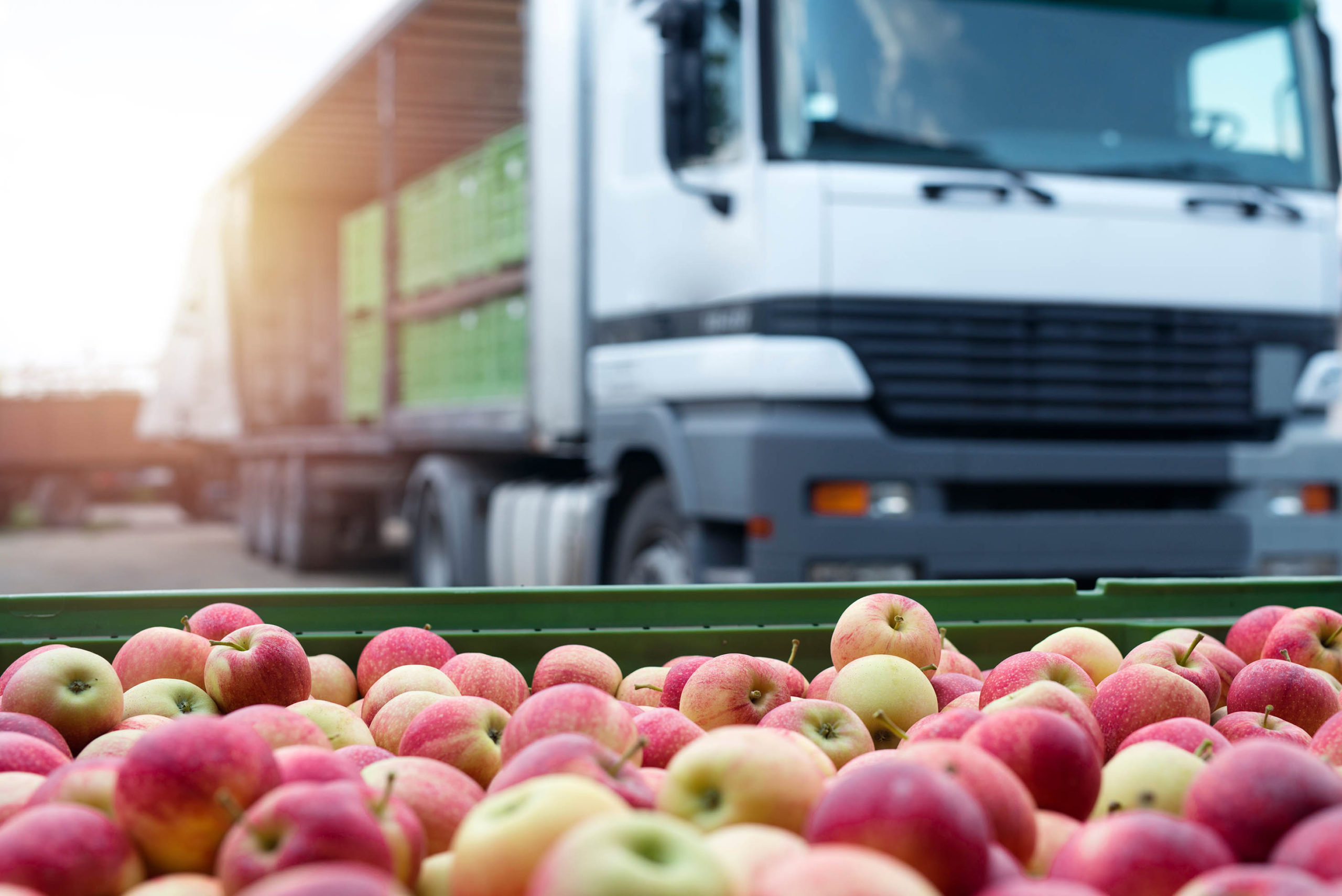Food for thought as Brexit talks near the endgame

With a new US president-elect making it quite clear that negotiating a UK/US trade deal is far from the top of his list of priorities – and a non-starter if it would threaten the Good Friday Agreement – there appears to be fresh impetus in talks with the European Union (EU).
As things currently stand, Michel Barnier and team are back in London attempting to find a way through the remaining hurdles to doing a deal: state subsidies, and to a lesser extent, fisheries.
But whatever happens, the food supply chain in the UK, and also in Europe, faces upheaval. Even if the UK government’s preferred ‘Canada’ solution is somehow secured at the last minute, trade in food will be far from the frictionless, pre-Brexit status quo. Such a deal would still involve tariffs on certain produce, customs checks at the border, and considerable regulatory controls. Frictionless trade stops on 1 January, deal or no deal.
Let’s not forget, too, that the UK will have to replace all of those third-country trade deals which it currently enjoys via EU membership. That’s not impossible, but it will take time, and certainly won’t be complete by the end of the transition period.
It is clear that the implications of the negotiations are swiftly moving from conceptual to real, and nowhere more so than in the food and farming sector.
More than half of the UK’s food is imported, and much of it comes from the EU (85 per cent of our vegetable imports, for example). The huge lorry parks being built in Kent demonstrate how the UK government believes that international traffic is going to be affected from 1 January, and this is sure to have an impact on food supply.
Even in the best case scenario, with a comprehensive free trade deal, there will be added costs, time-consuming extra logistics hurdles, and tariffs on some foodstuffs. If we are not prepared to adopt EU food standards, then we will face extra barriers to exporting (it’s inconceivable that Europe will accept British-made foodstuffs which include ingredients imported from outside the trading bloc, for example).
Added to all this, the end of freedom of movement threatens to remove a considerable proportion of the UK’s food and farming workforce, which, in the short-term at least, will add costs, and could well reduce capacity drastically.
Farming itself is a traditionally resilient industry, but too often some within it resort to a ‘head in the sand’ approach. But with a combination of potential threats, simply battening down the hatches is unlikely to work this time.
The farming sector can’t face this on its own; shoring up the supply chain is something which needs a more collaborative approach. The need to replace overseas suppliers with UK alternatives (where possible) to ensure continuity of supply and avoid costly bureaucracy and delays will mean the whole food production industry will have to work together, blurring the lines between primary production, food processing and manufacturing, distribution and retail. No one part of the sector can find a solution on its own.
The UK Government says that its agriculture and food policies are designed to drive improvements in productivity which should mitigate the inevitable cost increases inherent in uncoupling from frictionless trade with the EU. However, even if these are successful, it won’t happen overnight.
The food sector will need to work together to create a more robust supply chain, but this will take time; in the meantime all of our shopping baskets will potentially be less varied and more expensive from January.



